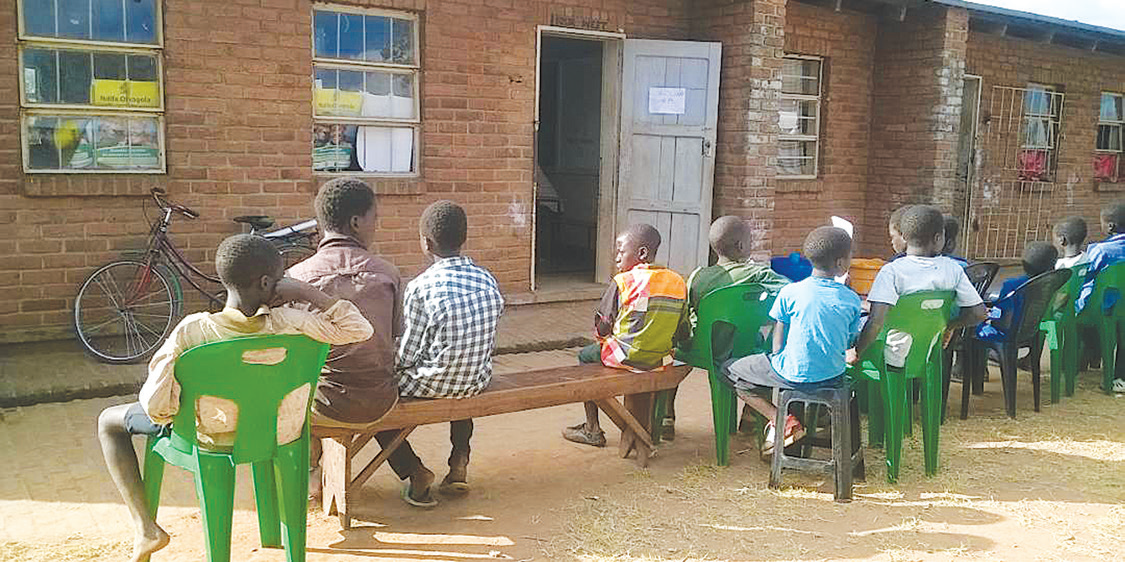Malawi sits on K2.1tn treasure trove
Failure to invest in high-value agricultural chains and agro-processing costs the Malawi Government about $2 billion (about K2.1 trillion) annually, according to National Planning Commission (NPC) simulations.
In a presentation to the Malawi Agricultural Productivity and Commercialisation Conference in Lilongwe yesterday, NPC director general Thomas Chataghalala Munthali called for the establishment of structured markets for agricultural produce to boost foreign exchange reserves.
He said by not venturing in agro-processing, the Agricultural Development and Marketing Corporation (Admarc) is losing out on at least $2 billion a year.
Said Munthali: “Our [NPC] simulations show that if Admarc was to venture into aggregating and agro-processing in the high agricultural value chains, it would be making no less than $2 billion each year.”
The conference, held under the theme ‘Diversified agricultural value chains for improved trade balances and foreign currency reserves’, brought together a diverse set of stakeholders from the academia, local think tanks such as the Mwapata Institute, agricultural cooperatives and members of the diplomatic corps, among others.

Munthali, whose organisation oversees the implementation of the MW2063, added that establishing structured markets for other value chains would help boost forex reserves.
In a separate interview, Minister of Trade and Industry Simplex Chithyola acknowledged that the agriculture sector could help reduce the perennial trade imbalances and boost the country’s dwindling forex reserves.
However, he stressed that the effort would require cooperation between the different government ministries, departments and agencies (MDAs), considering the pervasive nature of the local agricultural sector.
The minister’s sentiments coincided with calls from delegates to the conference to diversify from tobacco and maize, the country’s primary products amid concerns that the dependence on these agricultural products leaves it vulnerable to market-related shocks.
The call also comes after the Mwapata Institute, an independent agricultural policy think-tank, in a report published jointly with the International Food Policy Research Institute (Ifpri), the Bureau for Food and Agricultural Policy (BFAP) and the Alliance for Green Revolution in Africa (Agra), found that maize ranked 16th out of 17 value chains that were analysed.
NPC chairperson Richard Mkandawire said the conference provides a unique opportunity for stakeholders in the sector to discuss and develop actionable plans to diversify and invest into possible alternatives to the traditional crops such as tobacco and maize.
In recent months, the country has experienced an acute shortage of forex that culminated in a growing spread between the formal market and the parallel informal market. The spread has hovered at around 50 percent, with the dollar trading at around K1 065 in authorised dealer banks and K1 900 in the informal market.
Agriculture remains the mainstay of the economy, employing over 65 percent of the local population. It also provides the bulk of the country’s foreign exchange earnings, with nine out of the top 10 sectors coming from the agriculture sector.
Admarc has been struggling financially and has over the years failed to serve Malawians as per its mandate as a produce stabiliser, ready market for farmers and a social function of the government’s food security apparatus.





